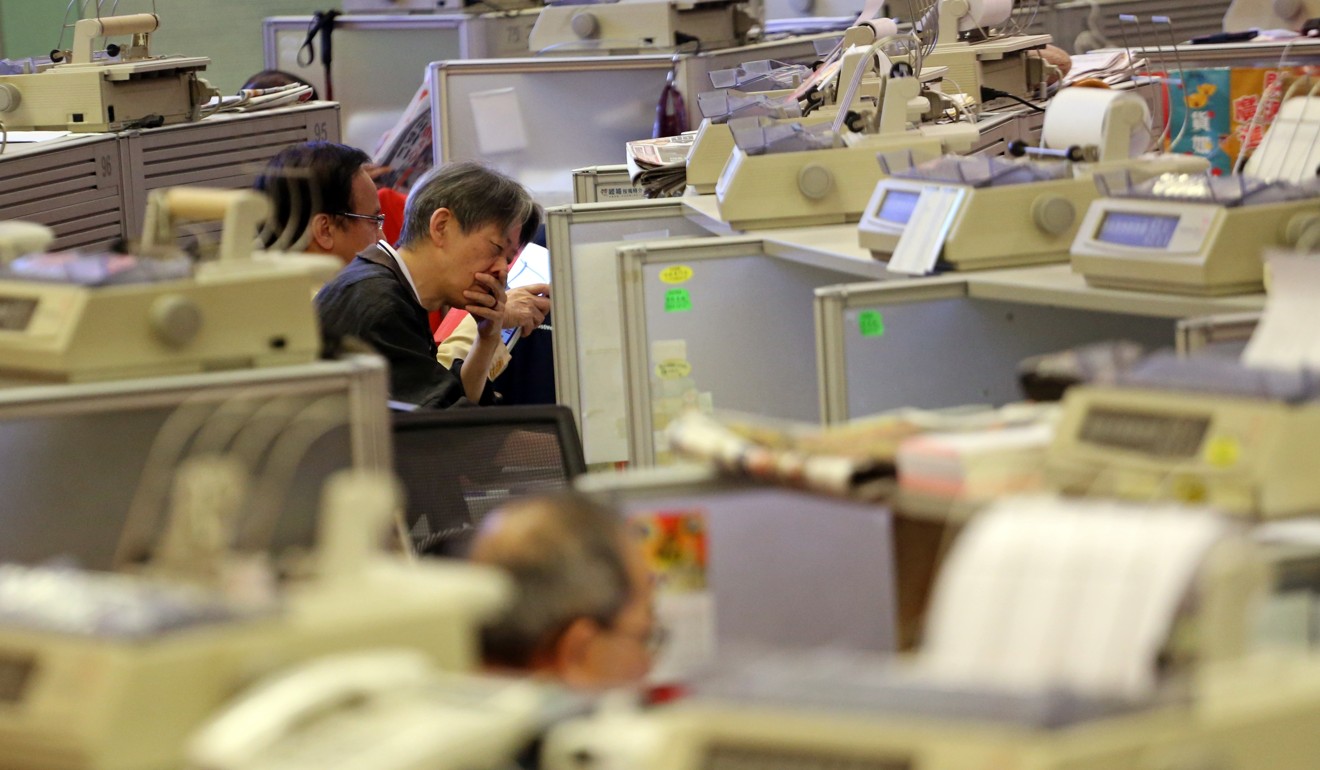
Who is the next target for short selling?
Firms with share prices rising fast, little cash flow, concentrated ownership and frequent connected transactions are on analysts’ watch list
Beware! Companies whose share prices have surged intensively in the past few months and lack a strong cash flow are like bees to honey for short sellers, analysts warned.
Short selling in the Hong Kong market is becoming a fashion of late, as short sellers have intensified their offensives and sent jitters through the market, even as the Hang Seng Index rebounded by almost 20 per cent from its low in late December last year.
“Short sellers are no moral police. They short to profit. That makes their targets selective – they like stocks crowded by investors, and will make sure the targets have sufficient room for correction,” said Frank Xu, analyst with Hong Kong based hedge fund Q Fund.
“Actually, in the Hong Kong and the US markets, the TMT (tech, media and telecom) sector is becoming very, very hot in the last nine months, though I don’t think most of the share price surges are backed by earning growths,” Xu said.
“More and more people are questioning when the sector will peak out. It is a sign that a reversal could kick in,” he added.
Short sellers are no moral police. They short to profit
Investors should watch out for companies with high valuation, little cash flow, concentrated ownership and frequent connected transactions, conditions for potential shorting, warned Hong Hao, head of research at Bocom International.
“Even so, with diverse performance among stocks, stocks under shorting pressure may not affect the overall market performance. The market’s resilience [as seen] recently while confronted by significant plunges induced by short selling is a good testament,” he said.

“For Internet companies, wide user base does not necessarily translate into earnings. For companies with strong connections, support or subsidy from the government, not only does this not guarantee profit, but the connections and concessions provide cover for creative accounting to inflate earnings,” he said.
“The issues raised by short selling institutions are often existing queries made by investors, but the killing only succeeds when there is space for correction, or when people tend to risk off,” he added.
The issues raised by short selling institutions are often existing queries made by investors, but the killing only succeeds when there is space for correction, or when people tend to risk off
Short selling institution Muddy Waters had published a report in mid-December alleging the dairy company’s worth to be close to zero.
Following Huishan, several other companies were attacked by short selling institutions, which sent their stocks plunging.
Carson Block, the founder of Muddy Waters said he would continue wagering against Hong Kong-listed companies on the view that a pullback in credit will send shock waves through the economy in China, during an interview with Bloomberg on Thursday.

